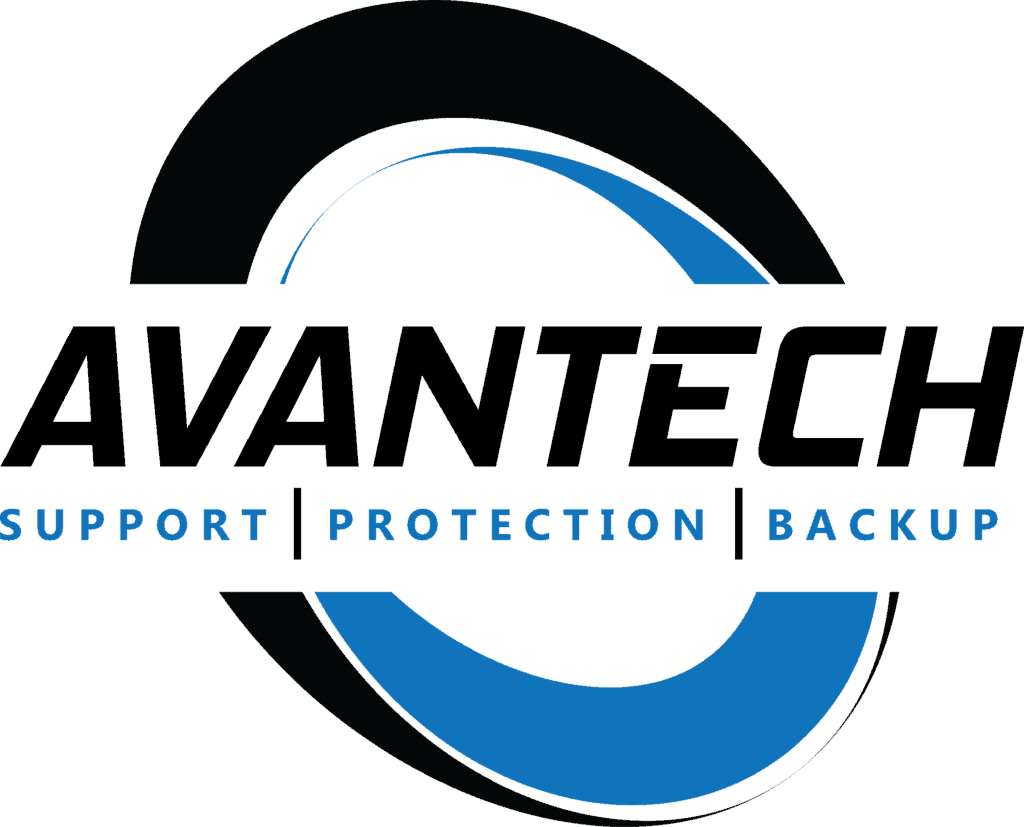You may have seen commercials claiming that their software can speed up any PC. Users of this software should be concerned that their machines might be infected with “spyware” programs. These applications monitor users’ activities and transmit to a hacker the users’ passwords and other confidential information. But many Web sites that claim to “speed up your PC” or “scan your computer” to detect spyware may be, in fact, spreading spyware themselves. These are among the prolific of thieves online. Their scam often catches the unwary, the computer illiterate, and the easily panicked. Some of these so-called virus scanners have been nothing more than clever frauds. Still, others have been clever attempts at identity theft as they scan the victim’s computer for financial information or user names and password information.
In one example, the U.S. Federal Trade Commission had announced that Spyware Assassin, a $29.95 program sold by MaxTheatre Inc., was promoted by bogus pop-up windows. These windows falsely claimed, “You have dangerous spyware virus infections on your computer. Click OK to install the latest free update to fix these errors.” The FTC said that if a computer user clicked OK, a phony “local scan” then reported that spyware had been found, displaying a phony list of supposedly infected files and folders. Both the original message and the “local scan” reported problems even if the computer was free from infections, the FTC said.
 Then there are still others that start as a trojan that misleads the victims into “purchasing” the scammer’s software to get rid of the virus. In one sense, this spells double trouble. How? The victim buys a fake software that can be more dangerous as it can lead to the victim’s identity theft. It may get rid of the virus or just the message, but plants others in its place. This scam is growing very fast. Scammers and would be thieves are using this type of scam more often than one would believe.
Then there are still others that start as a trojan that misleads the victims into “purchasing” the scammer’s software to get rid of the virus. In one sense, this spells double trouble. How? The victim buys a fake software that can be more dangerous as it can lead to the victim’s identity theft. It may get rid of the virus or just the message, but plants others in its place. This scam is growing very fast. Scammers and would be thieves are using this type of scam more often than one would believe.
Where this becomes scary is how the scam is promoted. That promotion is being done on social networking and video sharing sites and even on TV commercials. The result is that a large number of people assume that because they are all over the internet and have a television commercial that they can trust them and end up falling victim to this fraud.
In a previous post, we discussed how to detect if a website is a scam or fake. As a general rule, if all a website has is a 1-800 number and no other means of contacting them, or they do not list any other contact information, beware. Also, perform a search for the software or company before you purchase. For example, you can Google search “mycleanpc.com complaints” and read reviews on the company to make an informed decision.
Now, there are many reputable anti-virus software companies out there. Some are well-known brands that you can see both online and off. Their software is considered among the best. Then there are those who are not so widely known that are just as good, but only available online, and in some cases, only available as freeware. Others offer a scanner, but not the cleaner in a demo mode. Avantech not only offers advanced virus protection options, but also provides 24/7 live US-Based online tech support, data backup, and more!

